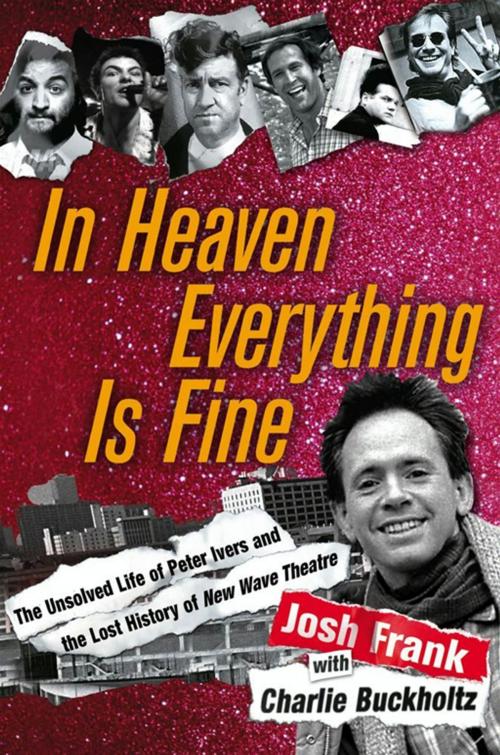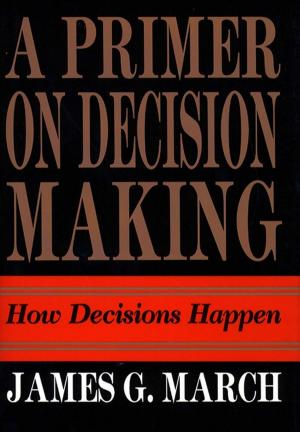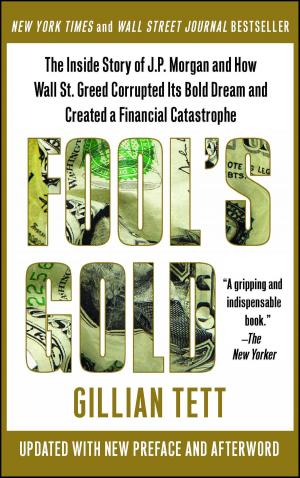In Heaven Everything Is Fine
The Unsolved Life of Peter Ivers and the Lost History of New Wave Theatre
Nonfiction, Social & Cultural Studies, True Crime, Murder, Biography & Memoir, Entertainment & Performing Arts, Entertainment, Music| Author: | Josh Frank | ISBN: | 9781416579762 |
| Publisher: | Free Press | Publication: | September 4, 2008 |
| Imprint: | Free Press | Language: | English |
| Author: | Josh Frank |
| ISBN: | 9781416579762 |
| Publisher: | Free Press |
| Publication: | September 4, 2008 |
| Imprint: | Free Press |
| Language: | English |
On March 3, 1983, Peter Ivers was found bludgeoned to death in his loft in downtown Los Angeles, ending a short-lived but essential pop cultural moment that has been all but lost to history. For the two years leading up to his murder, Ivers had hosted the underground but increasingly popular LA-based music and sketch-comedy cable show New Wave Theatre.
The late '70s through early '80s was an explosive time for pop culture: Saturday Night Live and National Lampoon were leading a comedy renaissance, while punk rock and new wave were turning the music world on its head. New Wave Theatre brought together for the first time comedians-turned-Hollywood players like John Belushi, Chevy Chase, and Harold Ramis with West Coast punk rockers Black Flag, the Dead Kennedys, Fear, and others, thus transforming music and comedy forever. The show was a jubilant, chaotic punk-experimental-comedy cabaret, and Ivers was its charismatic leader and muse. He was, in fact, the only person with the vision, the generosity of spirit, and the myriad of talented friends to bring together these two very different but equally influential worlds, and with his death the improbable and electric union of punk and comedy came to an end.
The magnetic, impishly brilliant Ivers was a respected musician and composer (in addition to several albums, he wrote the music for the centerpiece song of David Lynch's cult classic Eraserhead) whose sublime and bizarre creativity was evident in everything he did. He was surrounded by people who loved him, many of them luminaries: his best friend from his Harvard days was Doug Kenney, founder of National Lampoon; he was also close to Harold Ramis and John Belushi. Upon his death, Ivers was just beginning to get mainstream recognition.
In Heaven Everything Is Fine is the first book to explore both the fertile, gritty scene that began and ended with New Wave Theatre and the life and death of its guiding spirit. Josh Frank, author of Fool the World: The Oral History of a Band Called Pixies, interviewed hundreds of people from Ivers's circle, including Jello Biafra, Stockard Channing, and David Lynch, and we hear in their own words about Ivers and the marvelous world he inhabited. He also spoke with the Los Angeles Police Department about Ivers's still-unsolved murder, and, as a result of his research, the Cold Case Unit has reopened the investigation. In Heaven Everything Is Fine is a riveting account of a gifted artist, his tragic death, and a little-known yet crucial chapter in American pop history.
On March 3, 1983, Peter Ivers was found bludgeoned to death in his loft in downtown Los Angeles, ending a short-lived but essential pop cultural moment that has been all but lost to history. For the two years leading up to his murder, Ivers had hosted the underground but increasingly popular LA-based music and sketch-comedy cable show New Wave Theatre.
The late '70s through early '80s was an explosive time for pop culture: Saturday Night Live and National Lampoon were leading a comedy renaissance, while punk rock and new wave were turning the music world on its head. New Wave Theatre brought together for the first time comedians-turned-Hollywood players like John Belushi, Chevy Chase, and Harold Ramis with West Coast punk rockers Black Flag, the Dead Kennedys, Fear, and others, thus transforming music and comedy forever. The show was a jubilant, chaotic punk-experimental-comedy cabaret, and Ivers was its charismatic leader and muse. He was, in fact, the only person with the vision, the generosity of spirit, and the myriad of talented friends to bring together these two very different but equally influential worlds, and with his death the improbable and electric union of punk and comedy came to an end.
The magnetic, impishly brilliant Ivers was a respected musician and composer (in addition to several albums, he wrote the music for the centerpiece song of David Lynch's cult classic Eraserhead) whose sublime and bizarre creativity was evident in everything he did. He was surrounded by people who loved him, many of them luminaries: his best friend from his Harvard days was Doug Kenney, founder of National Lampoon; he was also close to Harold Ramis and John Belushi. Upon his death, Ivers was just beginning to get mainstream recognition.
In Heaven Everything Is Fine is the first book to explore both the fertile, gritty scene that began and ended with New Wave Theatre and the life and death of its guiding spirit. Josh Frank, author of Fool the World: The Oral History of a Band Called Pixies, interviewed hundreds of people from Ivers's circle, including Jello Biafra, Stockard Channing, and David Lynch, and we hear in their own words about Ivers and the marvelous world he inhabited. He also spoke with the Los Angeles Police Department about Ivers's still-unsolved murder, and, as a result of his research, the Cold Case Unit has reopened the investigation. In Heaven Everything Is Fine is a riveting account of a gifted artist, his tragic death, and a little-known yet crucial chapter in American pop history.















